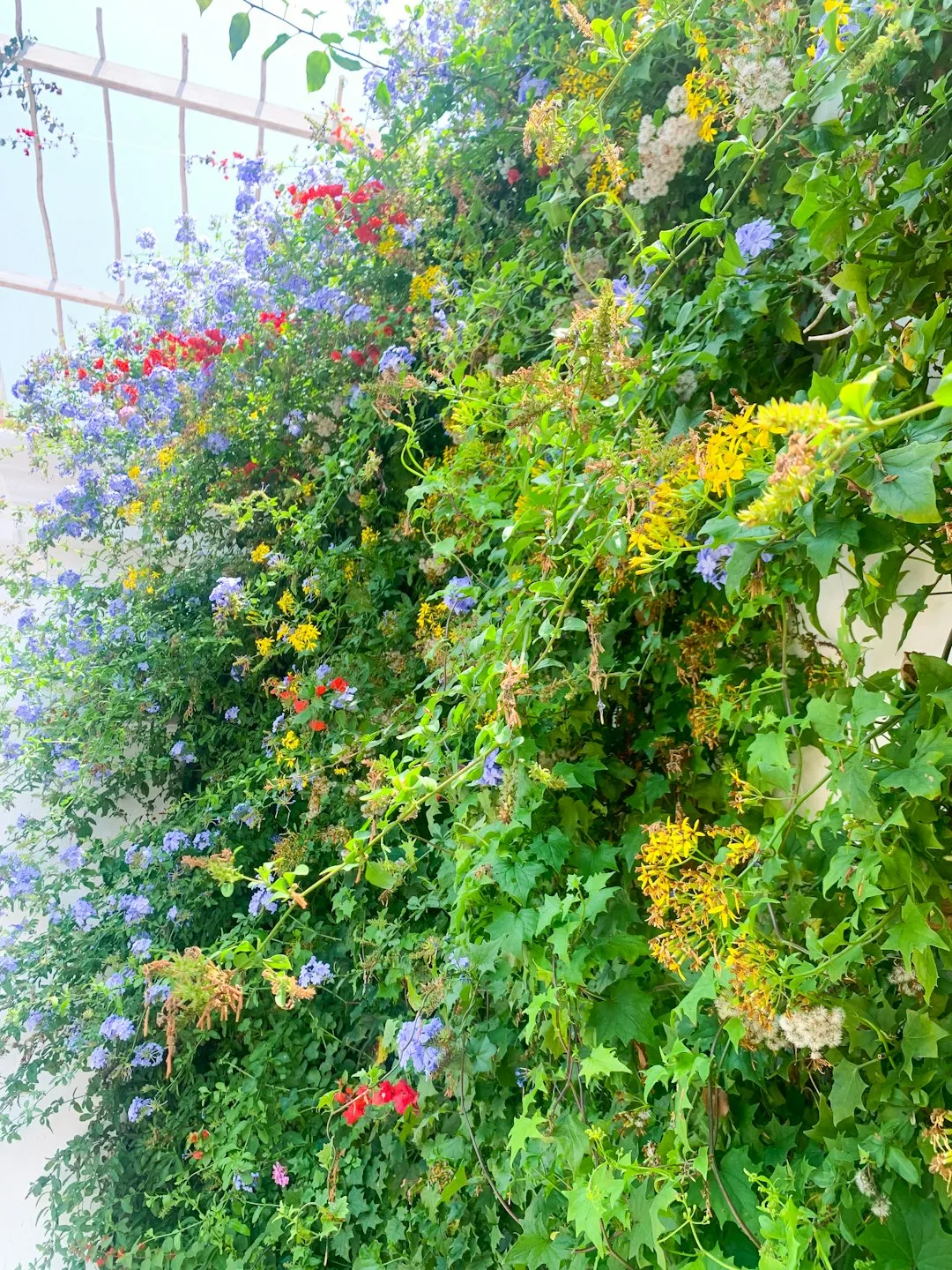The Hidden Dangers of Using Bleach in Your Garden

When it comes to maintaining a beautiful and healthy garden, dealing with weeds is an inevitable challenge. Many gardeners are constantly on the lookout for effective ways to get rid of these unwanted plants. One method that has been proposed is using bleach to kill weeds. However, before you reach for that bottle of bleach, it's crucial to understand its effectiveness, drawbacks, and why experts generally don't recommend it for use in gardens.
### The Effectiveness of Bleach in Killing Weeds
Bleach, typically containing sodium hypochlorite, can be effective in killing weeds. When applied directly to the foliage of weeds, the bleach can break down the plant's cell membranes. This disrupts the normal physiological processes of the weed, such as photosynthesis and nutrient uptake. As a result, the weed will gradually wither and die. In some cases, a single application of bleach can cause visible damage to the weeds within a few hours. For small, young weeds, bleach can be a relatively quick - acting solution.
Another advantage of using bleach is its low cost. Bleach is readily available in most households and is inexpensive compared to some commercial herbicides. This makes it an attractive option for those on a tight budget who are looking for a DIY solution to their weed problems.
### The Drawbacks of Using Bleach in the Garden
Despite its effectiveness in killing weeds, bleach has several significant drawbacks. One of the most serious issues is its impact on the soil. Bleach is a powerful chemical that can alter the soil's pH level. It can make the soil overly alkaline, which is detrimental to the growth of most plants. The change in pH can also affect the soil's microbial activity. Beneficial soil bacteria and fungi, which play a crucial role in nutrient cycling and plant health, can be killed by the bleach. This can lead to long - term soil degradation and make it difficult for other plants to thrive in the area where bleach has been used.
Moreover, bleach is non - selective. It doesn't distinguish between weeds and desirable plants. If you accidentally spray bleach on your flowers, vegetables, or shrubs, it can cause severe damage or even kill them. This lack of selectivity makes it a risky option for use in a garden where you want to preserve the existing plants.
### Environmental Concerns
Using bleach in the garden also has environmental implications. When bleach is washed into the soil and eventually into water sources, it can have a negative impact on aquatic life. The chemicals in bleach can be toxic to fish, amphibians, and other aquatic organisms. It can also contaminate groundwater, which is a vital source of drinking water for many communities.
### Why Experts Don't Recommend Bleach for Gardens
Experts in the field of gardening and horticulture generally advise against using bleach in gardens. Instead, they recommend more environmentally friendly and plant - friendly alternatives. For example, manual weeding is a labor - intensive but effective method. By pulling weeds out by the roots, you can remove them without causing harm to the soil or other plants. Mulching is another great option. A layer of organic mulch, such as wood chips or straw, can suppress weed growth by blocking sunlight and preventing weed seeds from germinating.
There are also many natural and organic herbicides available on the market. These products are made from natural ingredients like vinegar, citrus oils, or essential oils. They are less harmful to the environment and can be just as effective in controlling weeds. For example, a solution of vinegar and water can be sprayed on weeds to kill them. The acetic acid in vinegar disrupts the weed's cell membranes, similar to how bleach works, but without the negative impacts on the soil and the environment.
In conclusion, while bleach may seem like an easy and inexpensive solution for killing weeds, its drawbacks far outweigh its benefits. The long - term damage it can cause to the soil, the non - selectivity, and the environmental concerns make it an unwise choice for gardeners. By choosing more sustainable and plant - friendly methods, you can keep your garden free of weeds while maintaining a healthy and beautiful outdoor space.